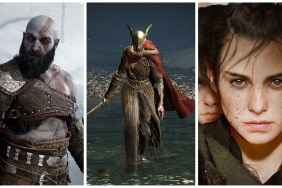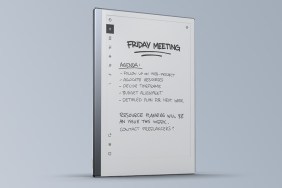Bringing 'shabby chic' to a whole new level.
Before we proceed, understand that I actually like the gameplay in The Witcher 2. In fact, it's exceptional. Combat is easy to play yet hard to master – an elusive quality in action RPG combat mechanics – with plenty of difficulty and interesting combat scenarios. By the end of the incredibly well…
-
Looks and sounds great
-
Fun, challenging gameplay
-
Fresh approaches to fantasy game tropes
-
Dreary, depressing writing and disjointed story events
-
A few minor gameplay communication issues
-
Kinda misogynistic









